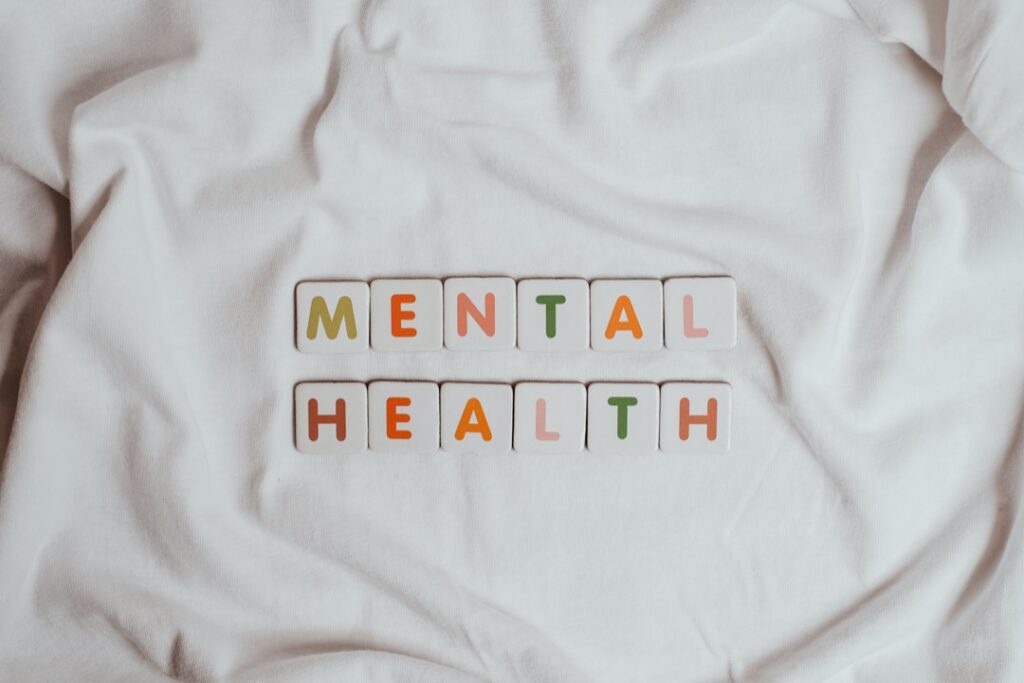By Carême Kouamé

JOHANNESBURG, South Africa, 18th February 2022 -/African Media Agency (AMA)/- The Covid-19 pandemic has arguably been one of the greatest challenges faced by many people in their lifetime.There is no question that it has put enormous strain on public health systems and healthcare workers.
“It changed the way we live, socialise and work, disrupting vital aspects of our lives,” points out Mimi Kalinda, a seasoned communications professional. “These changes have had a massive impact on our emotional well-being. Bereavement, isolation, loss of income and anxiety have triggered mental health conditions and exacerbated exiting ones. Around the world, mental health started to become a growing concern for people irrespective of age, demographics or income groups.”
While Covid-19 has resulted in a growing need for mental health services globally, in Africa funding for much needed mental health services was either disrupted or halted as a result of the pandemic3. Mental health conditions on the continent are often not addressed as a result of the stigma attached to mental illness, coupled with a lack of government budget. Even prior to the pandemic, the continent had one of the lowest mental health public expenditure rates globally.
If the bad news is that Covid-19 exacerbated mental health, the good news is that a growing number of studies are pointing to the fact that receiving the Covid-19 vaccine results in significant improvements in mental health.
This is primarily due to the fact that vaccinations have proved to reduce the risks associated with contracting Covid-19, which in turns lessens general anxiety. Those who are vaccinated are increasingly reporting reduced anxiety and depression compared to those who choose not to get vaccinated. https://journals.plos.org/plosone/article?id=10.1371/journal.pone.0256406
A US study (https://journals.plos.org/plosone/article?id=10.1371/journal.pone.0256406) found a 15% reduction in severe depression and a 4% reduction in mild depression once participants had received their first shot of the vaccine.
“After a period in which many people felt disempowered, getting the vaccine and knowing you have some protection against the risk of severe disease provides a sense of control and lessens feelings of anxiety. It also provides hope that your life will return to a semblance of normality,” says Kalinda.
“All indications are that when you reduce your health risks – through the vaccine, for example – mental distress will be similarly reduced.”
Around the world businesses, restaurants, airlines and other public establishments are starting to check people’s vaccination status, with entry reserved for those who are vaccinated.
“In a highly unpredictable environment, vaccinations appear to be the only way in which society will see a return to a semblance of normality. It is looking increasingly likely that the civil liberties we took so for granted in a pre-pandemic world will only be returned to us if we are vaccinated,” concludesKalinda.
This article is part of a series on COVID-19 in Africa brought to you by Africa CDC in partnership with the Mastercard Foundation under the Saving Lives and Livelihoods initiative. To learn more, visit The saving lives and livelihoods page or https://africacdc-comm.org/
Distributed by African Media Agency (AMA)

